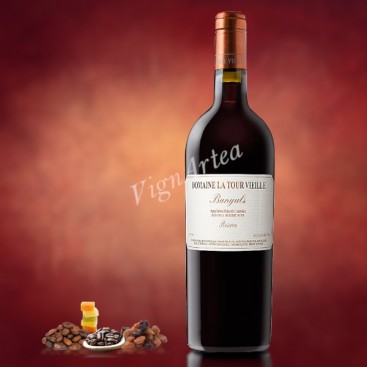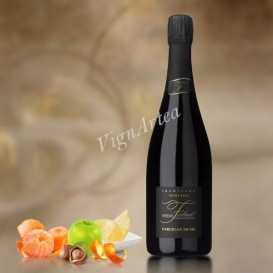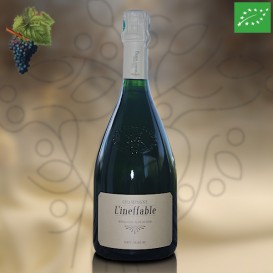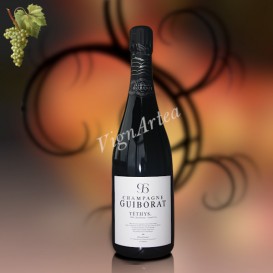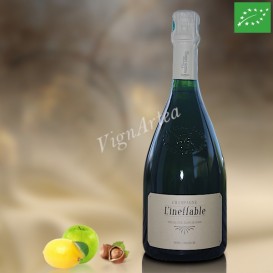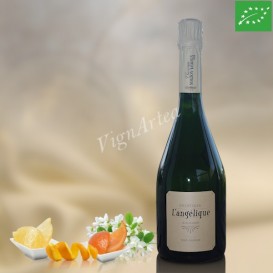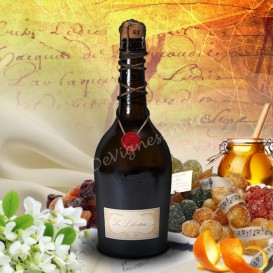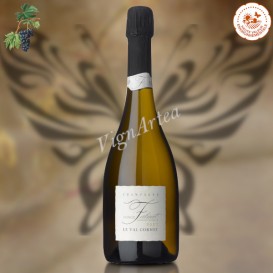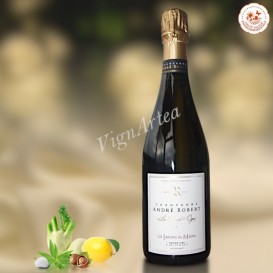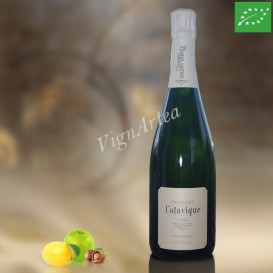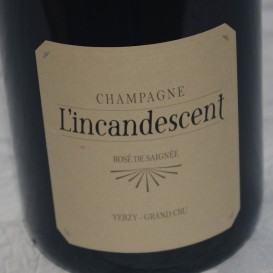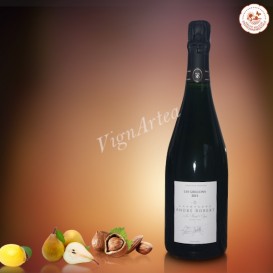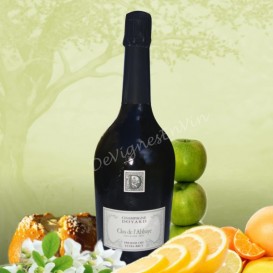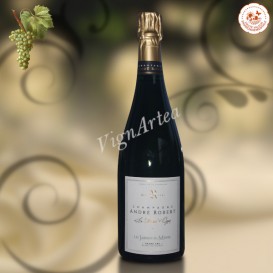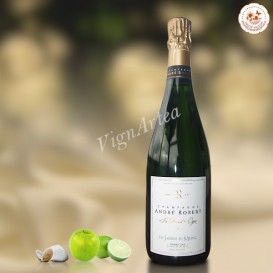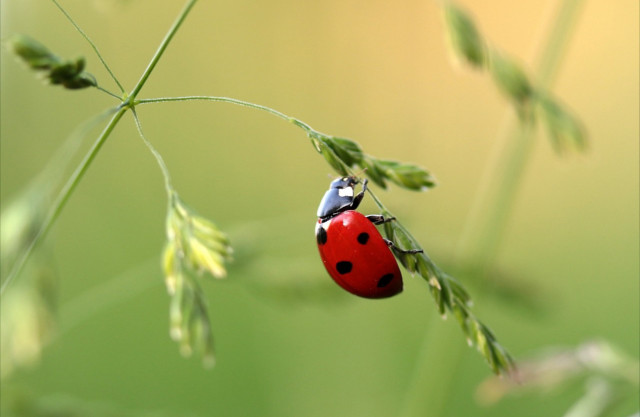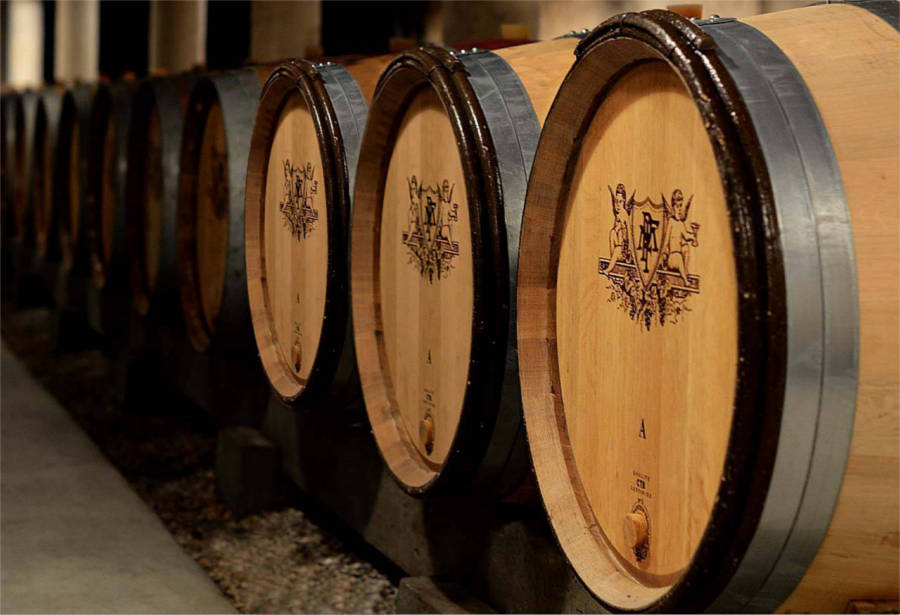BANYULS RESERVA (Domaine la Tour Vieille)
ROUSSILLON - AOP BANYULS - RED VIN DOUX NATUREL
Grape varieties: Grenache noir (80%) - Grenache gris (15%)
Fortified wine
Oxidative ageing for 12 months in glass carboys & several years in oak barrels
- Nose: powerful. Intense notes of cocoa, roasted coffee, sultanas and candied fruit.
- Palate: tasty and very fragrant.
- Tasting date: May 2022
- OUR OPINION: aged in an oxidative environment, this Banyuls Reserva is a real delicacy, rich in chocolate and roasted aromas, it is a very nice companion for vegan meals!
DESCRIPTION
The BANYULS RESERVA wine is a red vin doux naturel made from a blend of red and white grape varieties planted on the same plot.
Its vinification is identical to the BANYULS RIMAGE ones, but its ageing is an oxidative ageing, part of the must is matured in glass tanks exposed to the wind, then blended with a must matured for several years in oak barrels in contact with the ambient air.
This cuvée reflects the winemaking tradition of the region and bears witness to a period when this wine replaced sugar at the end of meals, providing a providential source of energy for the workers of the time.
TERROIR
The soils that make up the Domaine La Tour Vieille vineyard are among the oldest terroirs in Europe, since their formation dates back to the primary era, and more precisely a period ranging from the Ediacaran (-635 to -540 My) to the Cambrian (-540 to -488 My).
The rocks of the Collioure and Banuyls vineyards are of the metasedimentary type, i.e. a sedimentary rock formed by sediments deposition and solidification, then subjected to an increase in temperature and pressure during tectonic movements which will create modifications in its mineral composition as well as its structure.
The terroir on which the vines of this wine are planted dates from the Cambrian period and, compared to the Collioure terroir, it marks a break in sedimentation conditions with disappearance of the volcanic component and appearance of pelites, i.e. sedimentary rocks that have evolved in a lacustrine or marine environment.
They are called the série de Jujols, which shows a lower metamorphism than the série de Canaveilles (Collioure terroir).
WINEGROWING & WINEMAKING
The Côte Vermeille vineyard is organised on terraces and requires exclusively manual and sustainable winegrowing works as it limits the interventions in the vineyard.
The low rainfall, the sunshine and the tramontana wind are the major assets of the region which allow the estate to obtain grapes of an excellent sanitary quality without having to use synthetic phytosanitary products.
The vines are therefore cared for and treated in accordance with the Organic Agriculture specifications, even if the estate is not officially certified by Ecocert.
The grapes are harvested by hand when they are slightly overripe. They are then destemmed and vatted so that the alcoholic fermentation can begin.
The latter is, after a few days, voluntarily stopped by adding to the must a neutral wine alcohol of at least 96% vol., within the limit, evaluated in pure alcohol, of minimum 5% and maximum 10% of the concerned must volume. This operation has the effect of killing the fermenting yeasts and preserving the grape sugars.
Maceration continues after the mutage, the presence of alcohol allowing a gentle extraction of the aromas.
The must is then pressed and racked into glass carboys exposed to the wind, where it is aged for one year.
Once the maturation in the glass carboys is complete, 30% of the must is blended with a must that has been oxidatively aged for several years in oak barrels, and then bottled.
| Country | Languedoc Roussillon |
| Color | Red |
| Orange wines | No |
| Clay amphorae wines | No |
| Type | Sweet |
| Capacity | 75 cl |
| Variety | Grenache noir (80%) - Grenache gris (15%) - Carignan (5%) |
| Main Grape Variety(ies) | Grenache noir |
| Alcohol rate | 16% |
| Quality Designation | Banyuls |
| Cellar Potential | 20 years. |
| Service advise | 8-10°C (46-50°F). |
| Culture Methods | Sustainable cultivation method |
| Fining | No |
| Filtering | Yes |
| Comments | The mutage operation is carried out on the grapes during maceration phase ♦ The must is then aged for 15 months in tunes before bottling. |

